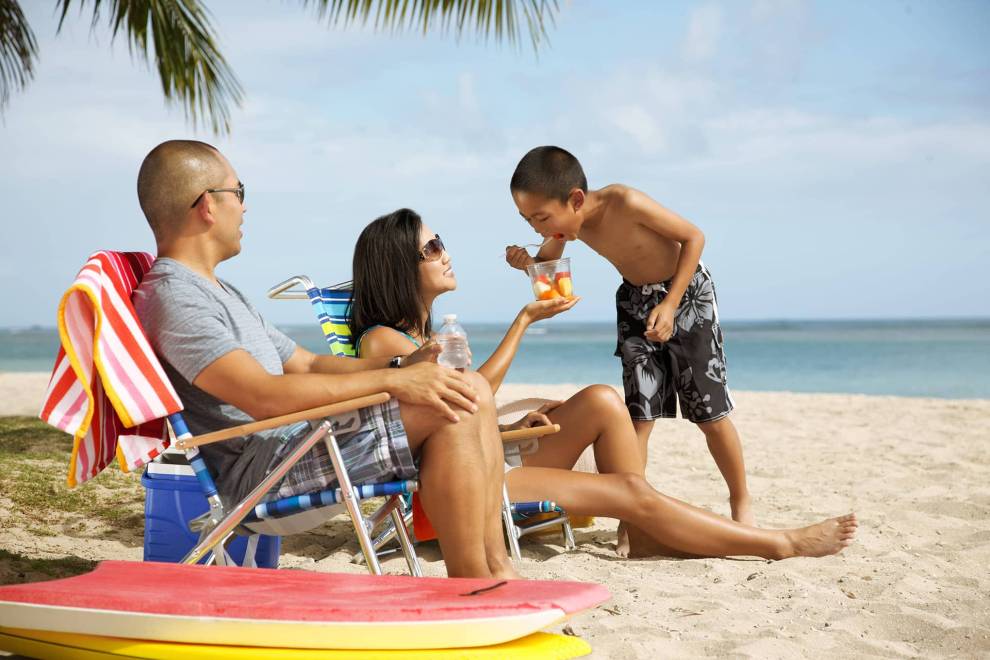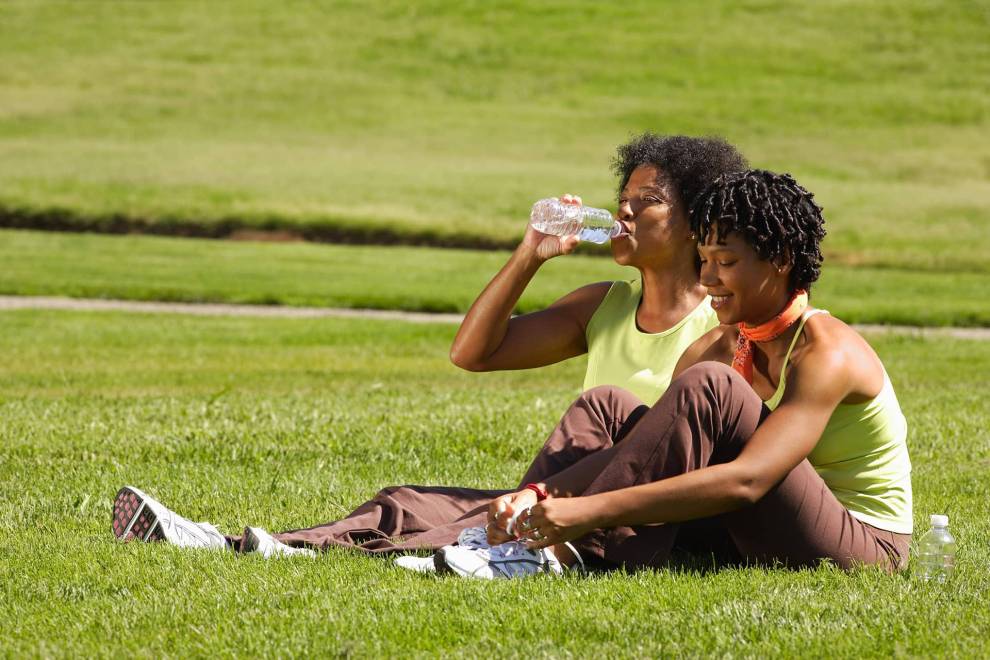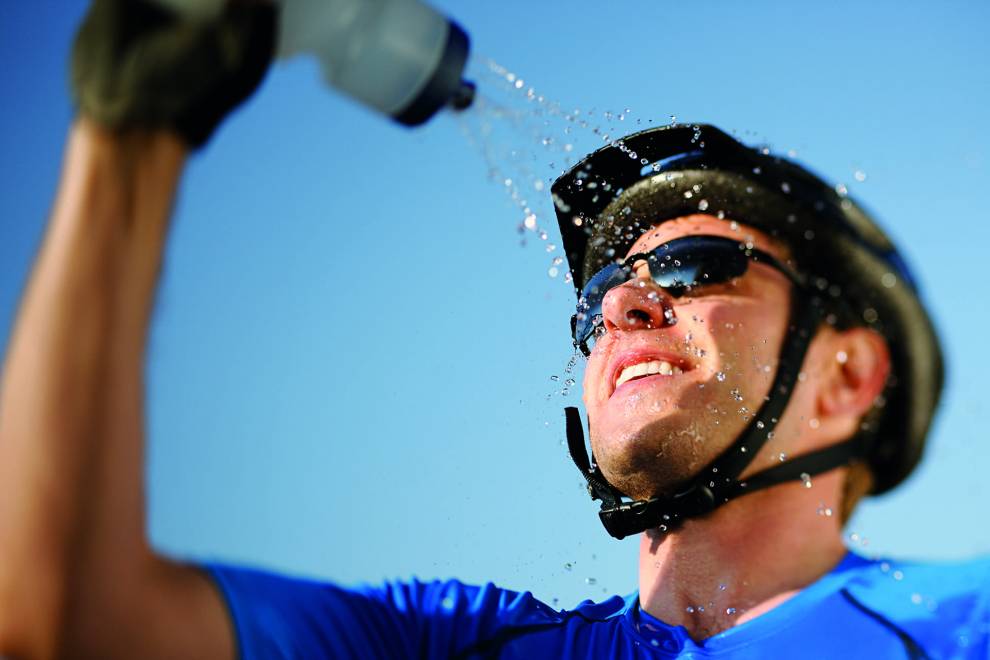


Keeping Sun Safe This Summer
While summer is a wonderful time to rejuvenate outdoors, soaring temperatures increase the need for sun protection and hydration...
A young girl develops a painful sunburn following a fun day at the pool. A college student becomes nauseous during a grueling football practice. An elderly man feels overly fatigued after long hours at the beach with his grandchildren.
While summer is a wonderful time to rejuvenate outdoors, soaring temperatures increase the need for sun protection and hydration to prevent skin damage and heat-related illnesses. Prolonged time in hot weather, especially during peak hours between 10 a.m. and 2 p.m., can lead to conditions ranging from mild heat cramps to more serious heat exhaustion and heat stroke.
“I often see patients come in with a headache and/or fatigue after a long day at the pool or beach,” said Angeline Ong-Su, MD, family practice physician, Kaiser Permanente Panorama City Medical Center. “These symptoms often are due to dehydration. It’s important to hydrate when you’re out in the sun – drink extra water or iced herbal teas. Drinking alcohol, sodas, energy drinks, and coffee or caffeinated teas can actually do the opposite and dehydrate your body.”
“If you start experiencing lightheadedness, dizziness, nausea, or headache, make sure to go into the shade or indoors and take measures to cool down,” Ong-Su continued. “More worrisome symptoms include cold, clammy skin; vomiting; weakness; fainting; and confusion. You should seek immediate medical attention if you experience these symptoms.”
Protecting our skin from the sun and sunburns is equally important. “Any tan or sunburn is damage to our skin, which will lead to new freckles, moles, and premature aging, including wrinkles,” Ong-Su said.
Skin damage also can lead to skin cancer, the most common type of cancer. Melanoma accounts for only about 1 percent of skin cancers but causes a large majority of skin cancer deaths. Melanoma diagnosis and related death rates have been steadily rising for the past three decades. Deadly melanoma cases jumped 200 percent between 1973 and 2014, according to the American Cancer Society.
“Our Community Benefit funding supports various partner organizations to provide popular programs such as Operation Splash, Rethink Your Drink, and HEAL (Healthy Eating, Active Living) Zones, and to increase access to green spaces, farmers’ markets, and more,” said Ong-Su. “Practicing sun safety while enjoying the outdoors is key to healthy living.”
Here are more sun-safe tips from the American Cancer Society and U.S. Food and Drug Administration.